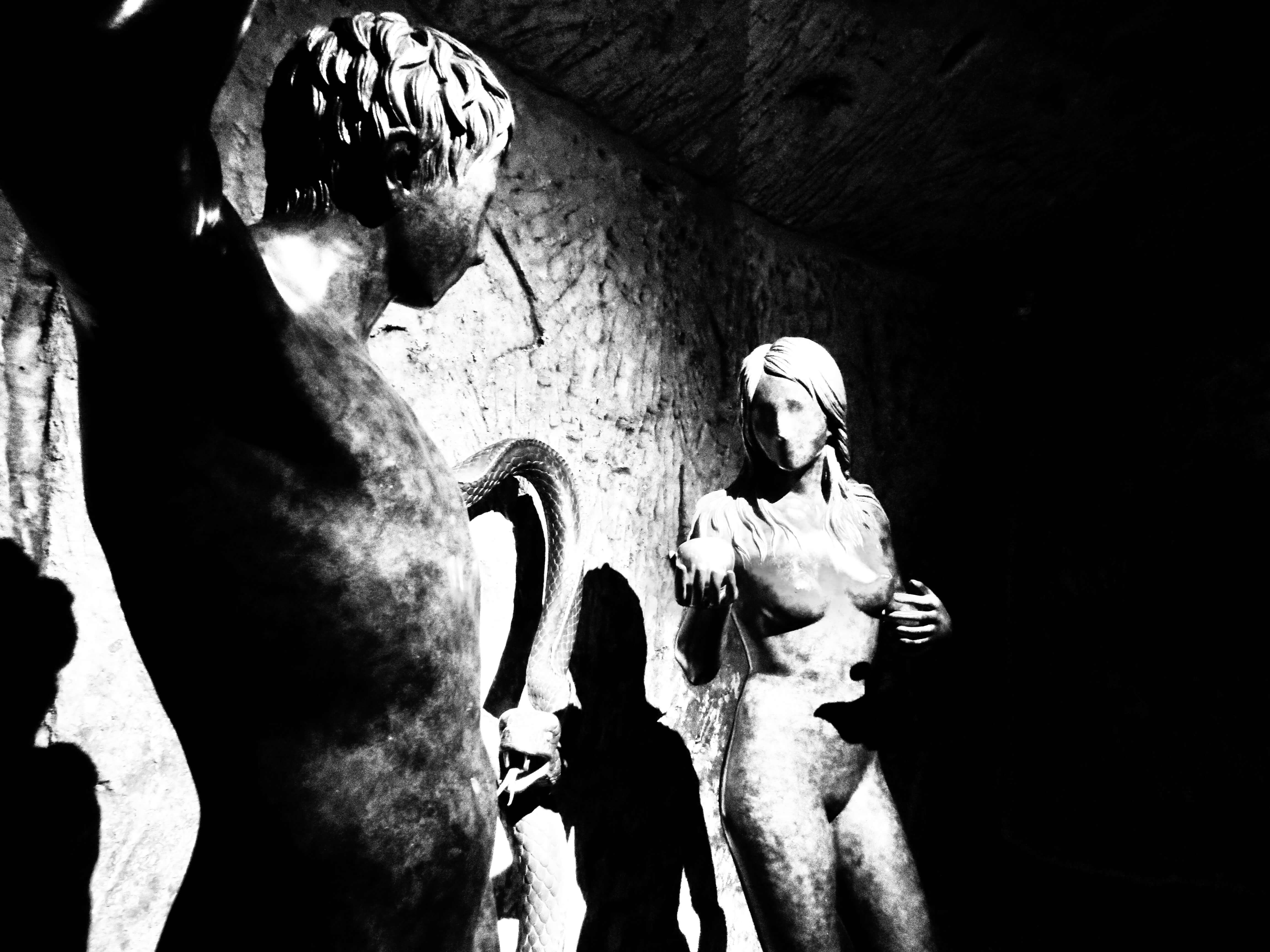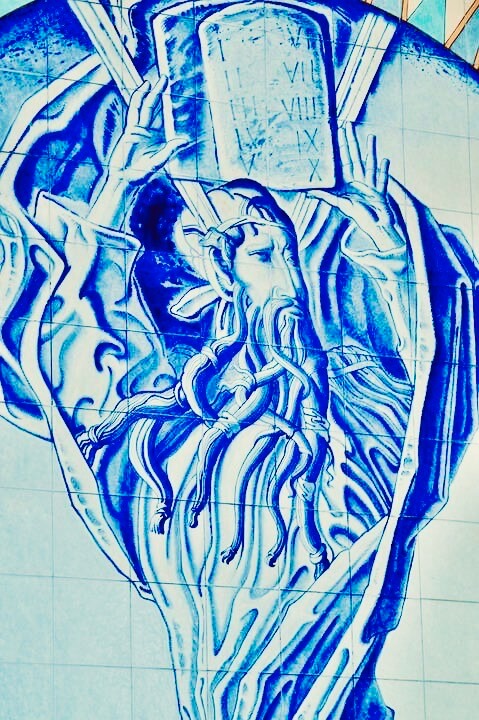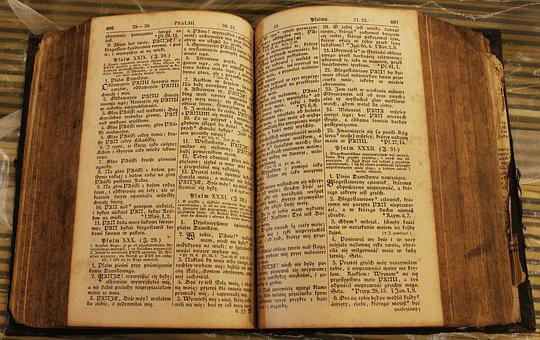- Home
- History of Sicily
- Jews in Sicily
the History of Jews in Sicily: from the fall of jerusalem to THE present
Sicily has been a melting pot of cultures and civilizations for centuries, each leaving a unique mark on the land and its people.
Among the many groups that have made Sicily their home over the centuries are the Jews. They arrived on the island as early as the 6th century BC.
Despite enduring periods of persecution and expulsion, the Jewish community in Sicily has left behind a unique and rich cultural legacy that continues to influence the region today.
Throughout their history, the Jewish people have faced numerous challenges. The history of Jews in Sicily is a testament to their people's remarkable resilience and creativity.
Harmonious Living on a Multicultural Island
The history of the Jews in Sicily begins with the fall of Jerusalem in 70 AD. At that time, the Romans destroyed the Temple in Jerusalem. Captured Jews were transported as slaves to Sicily.
The descendants of the Jewish slaves who settled on the island saw their traditions blend with those of the Arabs who conquered Sicily in 831, creating a unique cultural mix.
The Arabs treated the Jews with respect, which encouraged cooperation. At that time, the language of Sicilian Jews began to resemble Arabic more than Hebrew.
Jewish culture mixed with Arab traditions, which is why there is little evidence of Jewish history in Sicily.
Traces of Jewish culture remain, for example, in traditional dishes. However, the difference between Arab traditions is difficult to distinguish.
According to some, even the famous Italian pizza was first invented by the Jews. Or that they were at least partly responsible for its invention.

There are actually two theories. One is that pizza originates in cookie-sized pizza-like pastries, which Jewish children ate in the Roman Empire.
The other theory is that pizza originated from traditional Jewish bread. Roman soldiers added cheese and olive oil, and pizza was born.
Either way, the Jews played an essential role in the first Christian millennium in Sicily. Coexistence remained mostly harmonious even after the Norman invasion of Sicily in 1072.
The Jews were free to practice their religion in peace. Many of them engaged in trade. Some also defended Sicily by fighting alongside the Normans.
The Troubles of the Jews in Sicily Begin
This harmonious coexistence came to an end in 1194. In that year, Sicily fell into the hands of the Hohenstaufen dynasty.
The Hohenstaufens ruled the entire Holy Roman Empire at that time. They had close relations with the Catholic Church and its Pope.
They also assisted the Crusaders.
 Adam and Eve, as seen by Salvador Dali.
Adam and Eve, as seen by Salvador Dali.The first problems for the Jews of Sicily came from the Crusaders. They began to persecute them. This did not persuade them to leave their homeland.
The ruling King, Frederick, tried to help the situation. Still, times started to change for the worse.
The happy days of coexistence with the Arabs and Normans were a thing of the past. The future didn't look too bright for the Jews - either in Sicily or elsewhere in Europe.
The Oppression of the Sicilian Jews
The next time, the situation deteriorated two hundred years later. Then, Frederick's grandson, Frederick III, began to rule Sicily.
Systematic persecution of the Jews began. In many ways, this resembles the events of half a millennium later in Nazi Germany.
Jews were forbidden from all relations with Christians. They were also forced to wear the star of the six-pointed star as a sign of their religion. And they had to move to their own ghettos.
Severe persecutions occurred, particularly in Erice, Catania, and Syracuse.

Later, Jews were also banned from practicing their religion. In Marsala, people forced them to attend Christian festivals - and stoned them on their way home.
The situation was grim. Still, it was better for Jews in Sicily than many other European countries.
The Spanish Takeover: Expulsion of Jews from Sicily by the Inquisition
At this point, around 30,000 Jews lived on the island, which accounted for 10% of the total population.
Unfortunately, Sicily changed hands once again. Now, the King of Spain took over. And with him came the Spanish Inquisition. In 1493, the Spanish expelled the Jews from Sicily.
Before the expulsion, the crown confiscated their property. Some escaped before the confiscation order, while others remained on the island and converted to Christianity.
Around 8,000 Jews remained in Sicily and converted to Christianity. This did not mean that they became equal to other Christians.
The Inquisition observed the converts' religious practices. Suspected fraud was punished with imprisonment, slavery, or loss of property. Sometimes even burning at the stake.

The Modern-Day Jewish Community in Sicily
Over the centuries, the Inquisition's influence diminished. Finally, in 1741, the King of Naples, Charles III, invited the Jews back to Sicily.
The call went unanswered. The Jews had already settled elsewhere.
Only in 2008 - more than five hundred years after the expulsion - was the first synagogue opened in Sicily. Thanks for this goes to the American-Italian Rabbi Stefano Di Mauro. The synagogue is on the site of an old Jewish quarter in Syracuse.
An old Jewish ritual bath also remains in Syracuse. It is the oldest and largest Jewish bath in Europe.
The baths lie under a hotel. You need to take a part in an organized to tour to get there.
Another Jewish bath is in Palermo, in the old center below Palazzo Marches. This place is only open to the public a few times a year.
In 2011, the Synagoga was opened in Palermo, marking the revival of a small Jewish community after a five-hundred-year absence. This inspiring revival gives us hope for the future of the Jewish legacy in Sicily.

Conclusion: Preserving the Legacy of Jews in Sicily
The history of the Jews in Sicily is a testament to the resilience and creativity of the people.
Today, there is a growing awareness of the importance of preserving the legacy of Jews in Sicily.
Jewish sites and monuments have been restored. This way, Sicily is reconnecting with this part of its history.
In the future, we should continue to honor and celebrate the contributions of the Jews in Sicily. That way, it is possible to ensure that their legacy lives on.
(This page last edited: January 23, 2025)
Recent Articles
-
Festivals in Sicily: Dates, Rites & Travel Planning
Feb 11, 26 09:22 AM
Festivals in Sicily help you time your visit for processions, performances, and street food—season by season. -
Taormina: Is It Worth It on Your Sicily Itinerary?
Feb 07, 26 11:11 AM
Wondering if Taormina belongs on your Sicily trip? Explore beaches, shopping, and sights—then choose well. -
Car Rental in Sicily: A Traveler’s Guide
Feb 04, 26 01:09 PM
Planning car rental in Sicily? Learn costs by season, insurance basics, required documents, and more.
Follow MANY FACES OF SICILY on Facebook, Instagram, Bluesky & Tumblr
Contact: vesa@manyfacesofsicily.com







